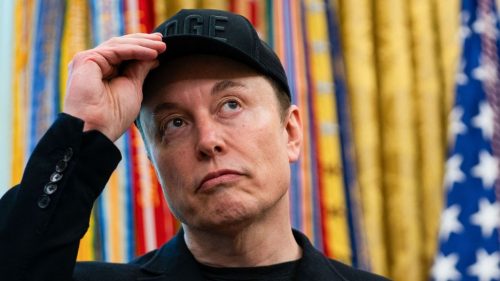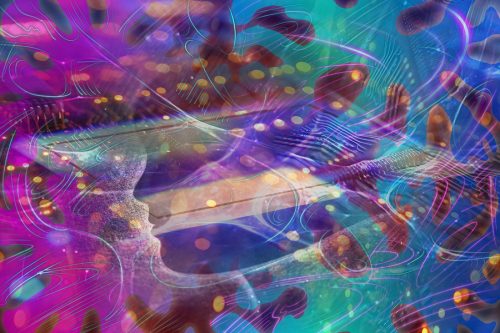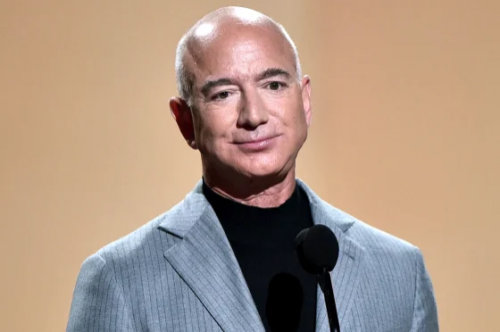Artificial intelligence (AI) cannot be the inventor of new patents, the UK Court of Appeal has ruled.
Patents assign the ownership of a new invention to its creator. At its core, the argument is about whether a law written for human inventors can be applied to machines.
The appeal court ruled against Stephen Thaler, creator of a system called Dabus, who took a case against the UK’s Intellectual Property Office (IPO) which refused patents to his AI.
It is the latest such judgement in a long-running battle to grant machines the status of inventor.
Earlier this month, Mr Thaler lost a similar case in the United States – although he has won elsewhere.
The UK panel decided, by a two-to-one majority, that an inventor must be a real human person under UK law.
“Only a person can have rights. A machine cannot,” wrote Lady Justice Elisabeth Laing in her judgement. “A patent is a statutory right and it can only be granted to a person.”
The article was originally posted at BBC.
The Boston Global Forum (BGF), in collaboration with the United Nations Centennial Initiative, released a major work entitled Remaking the World – Toward an Age of Global Enlightenment. More than twenty distinguished leaders, scholars, analysts, and thinkers put forth unprecedented approaches to the challenges before us. These include President of the European Commission Ursula von der Leyen, Governor Michael Dukakis, Father of Internet Vint Cerf, Former Secretary of Defense Ash Carter, Harvard University Professors Joseph Nye and Thomas Patterson, MIT Professors Nazli Choucri and Alex ‘Sandy’ Pentland, and European Parliament Member Eva Kaili. The BGF introduced core concepts shaping pathbreaking international initiatives, notably, the Social Contract for the AI Age, an AI International Accord, the Global Alliance for Digital Governance, the AI World Society (AIWS) Ecosystem, and AIWS City.










